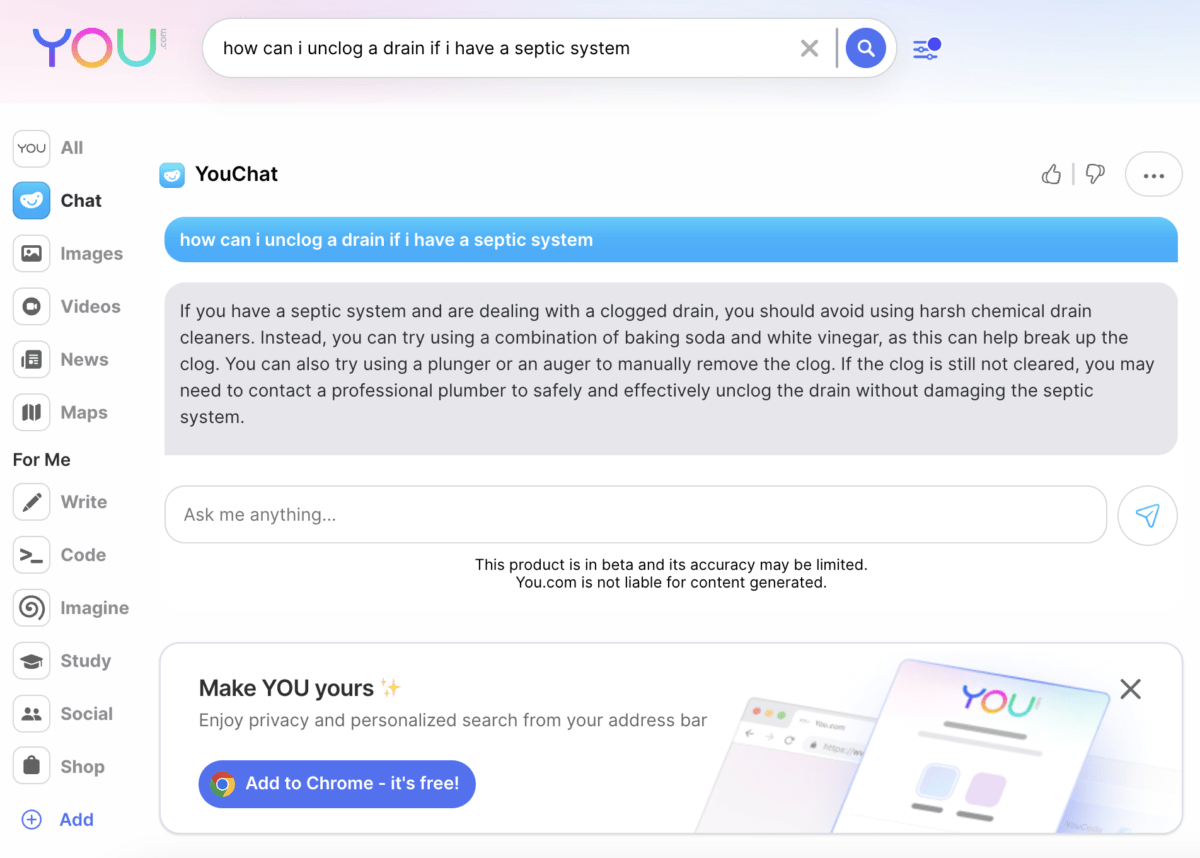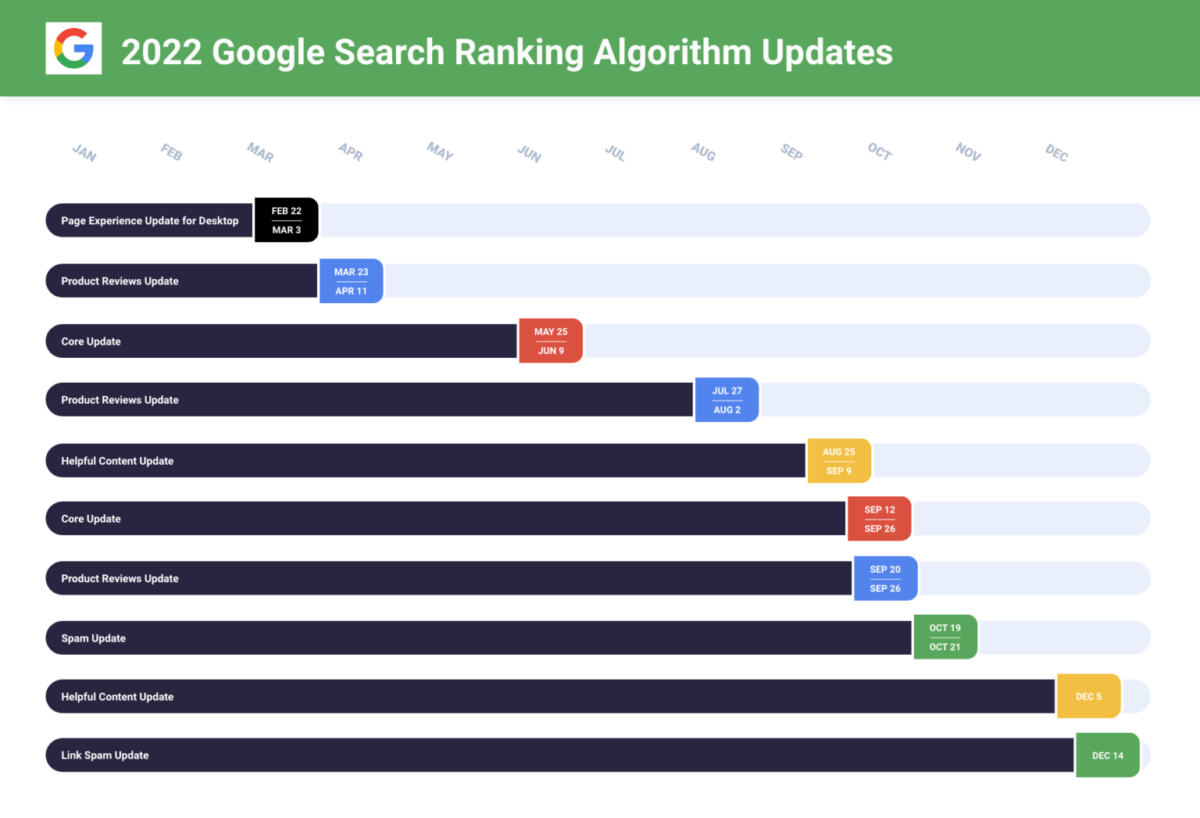What Are AI Agents? And Why Are They Critical to Local Marketing Success?
Local Memo: Search Engines Begin Utilizing ChatGPT
Local Memo: Search Engines Begin Utilizing ChatGPT
In this week’s update, learn about search engines utilizing ChatGPT; the impact of AI on SEO; the ranking impact and ordering logic of Google reviews; the slow rollout of Google’s latest updates; a retrospective of 2022’s algorithm updates; and an EU fine against Facebook.
Search Engines Begin Utilizing ChatGPT
Moving quickly to capitalize on the potential of OpenAI’s game-changing ChatGPT artificial intelligence platform, Microsoft is reportedly planning to incorporate ChatGPT into Bing search results as early as March. Microsoft was already an investor in OpenAI. The technology would enable Bing to provide natural language responses to queries entered by users, rather than links or snippets from web content — potentially creating a powerful alternative to Google’s Knowledge Graph.
The news comes amidst concerns that ChatGPT is not fully ready for prime time, given that it can exhibit bias and is sometimes inaccurate. Even OpenAI CEO Sam Altman has cautioned that “it’s a mistake to be relying on [ChatGPT] for anything important right now.” But alternative search engines Neema and You.com have already launched their own AI-based solutions, providing answers to a range of questions in a chatbot format alongside traditional search results. So it appears inevitable that AI-driven conversational responses are going to be coming to search in one way or another.
Google, though announcing publicly that concerns about bias and inaccuracy are keeping the company from launching ChatGPT-type functionality for the time being, reportedly went into “code red” internally when ChatGPT became publicly available, rushing to advance multiple AI initiatives. The company is already using AI, though more subtly, in many components of its search algorithm.

AI-based YouChat in the You.com search engine
Will AI Help or Hurt SEO?
A poll posted by well-known SEO professional Brodie Clark in late December asked whether ChatGPT and related AI tools posed “a serious threat” to the SEO industry. On Twitter, 48% of respondents said “no” and only 33% said “yes.” (On Mastodon 63% were in the negative.)
The question was spurred by early impressions suggesting that ChatGPT’s impressive capabilities might replace human effort in many knowledge industries. But matching the enthusiasm shown in Brodie’s poll, several articles have emerged suggesting that AI can actually help SEO rather than hurting it. Roger Montti, writing for Search Engine Journal, suggests AI can help SEOs work faster and smarter, particularly in the area of automation. Because modern search engines are highly complex and increasingly reliant on AI themselves, AI-based tools are needed to be able to analyze and suggest optimizations effectively at scale.
AI can be used in this context for creating and optimizing content and SEO components like headings, title tags, interlinking, and structured data. AI is especially useful for analyzing large amounts of data in order to surface insights that can be acted upon instantly through automated processes.
Joe Zappa at Street Fight reminds us that AI offers an impressive level of competence when it comes to the basics of content creation, but misses out on the style and rhetorical impact of human writing. As much as AI may help us with more rote content and analysis tasks or with taks of a scale better left to machines, marketers and SEOs will still need to supply creativity and oversight for the result to succeed.
The Ranking Impact and Ordering Logic of Google Reviews
Several posts by Joy Hawkins on the Sterling Sky blog have delved into the topic of Google reviews, going back to early November. I’ve covered some but not all of these previously and thought it was worth offering a quick recap.
- Does the number of Google reviews impact ranking? Yes, but the biggest ranking benefit is to be found when a listing hits ten or more reviews.
- Does review recency impact ranking? Yes; although there are many contributing factors, in general having more recent reviews than your competitors will give you a better chance of outranking them.
- How does Google decide the order of reviews in a listing? Though recency is a factor in review ordering, Google also tends to showcase longer reviews in high positions longer than shorter reviews. Attributes in reviews do not impact how long a review stays at the top.
- Reviews written by Local Guides stay at the top of the reviews feed longer than reviews by regular Google users. The same is true for reviewers with a profile picture. But there is no correlation between the number of reviews a reviewer has written or the number of photos they’ve shared and how long their reviews stay at the top of the feed.
- Reviews with upvotes also stay at the top of the review feed longer than reviews without them.
- Do keywords in reviews impact ranking? Keywords do not seem to cause listings to rank more highly for head terms (however, as I’ve previously noted here, they may expand the number of niche terms you rank for).
- Click-through rate (CTR), though it does impact rankings in general, does not impact the position of reviews in the feed.
- Photos in reviews push those reviews to the top of the feed for a longer period of time than any other factor, and can sometimes cause negative reviews to be pushed further down.
Link Spam and Helpful Content Updates Still Rolling Out
Google’s two December algorithm updates, both of which began rolling out in the first half of December, were slowed down due to the holidays and, as of a few days ago, are not yet done rolling out. The Helpful Content Update is intended to expand the initial release of the Helpful Content System (as we’re now calling it) so that it covers all global territories and languages, not just English. The Link Spam Update applies Google’s spam-fighting AI, called SpamBrain, to links for the first time.
A Retrospective Review of Algorithm Updates in 2022
In case you find it difficult to keep track of the array of updates Google has recently introduced to its search algorithm (and who doesn’t), Barry Schwartz has helpfully published a retrospective of the algorithm updates of 2022 on Search Engine Land. Google launched ten official algorithm updates in 2022, the same number as in 2021.

Courtesy Search Engine Land
Facebook Hit with EU Fine over Ad Practices
The data privacy board of Ireland has imposed a fine of 390 million euros ($414 million) on Facebook parent company Meta for alleged violations of EU privacy regulations in Facebook’s advertising practices. Ireland serves as the EU regulator for Meta because the company’s European operations are based there. Meta is charged with forcing users to give consent to use their personal data for ad targeting by making consent a provision in the terms of services of its platforms. In other words, just by signing up to use Facebook, users are agreeing to share their data for ad targeting purposes, which the board found to be in violation of the EU’s General Data Protection Regulation (GDPR). The board has given the company three months to propose how they will rectify the problem.




